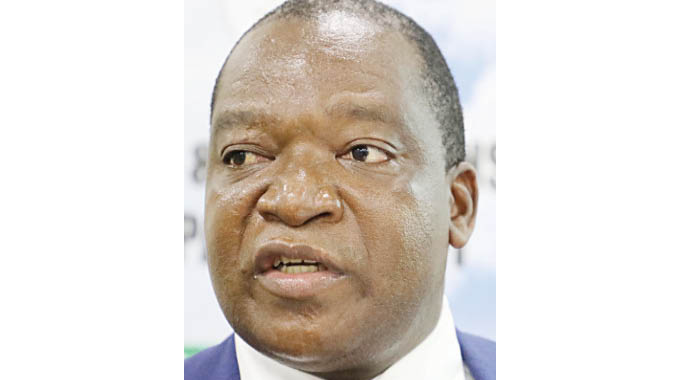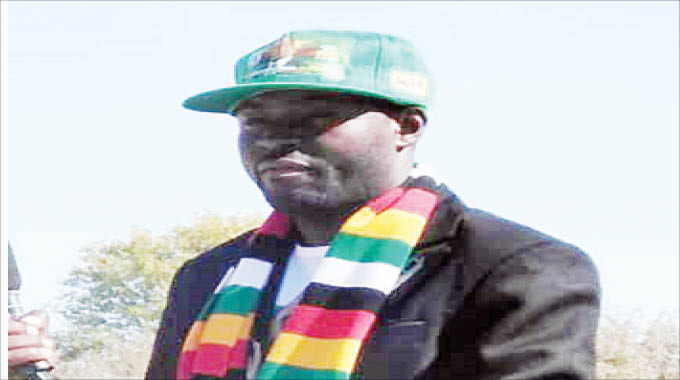Chamber of Mines calls for tighter controls

Oliver Kazunga, Senior Business Reporter
THE Chamber of Mines has implored Government to introduce tighter controls following concerns that some large mining firms were under declaring their gold output masquerading as small-scale miners to create arbitrage opportunities.
Responding to questions during an induction workshop for the Portfolio Committee on Mines and Mining Development in Bulawayo last week, the Chamber of Mines chief executive officer Mr Isaac Kwesu said they did not have evidence that large-scale miners were under declaring output.
“Being the sole gold buyer in Zimbabwe, Fidelity Printers, I think are the ones who can respond to that question. As a chamber we say those are mere reports doing the rounds,” he said.
The mining sector plays an important role in Zimbabwe and makes a significant contribution to the Gross Domestic Product, employment creation and foreign exchange generation.
The mining sector contributes more than 60 percent of the country’s export receipts with gold, platinum, ferrochrome, chrome and diamonds topping the list.
“There could be arbitrage opportunities arising from disparities on forex retention levels.
“If there are no tighter controls, it can’t therefore be dismissed that some miners will masquerade as small-scale miners,” said Mr Kwesu.
Meanwhile, Reserve Bank of Zimbabwe principal inspector in the Exchange Control Inspectorate, Mr Paul Mapanzure speaking during a small-scale mining conference in Gwanda last week said the country’s gold export earnings decreased by 32,9 percent to US$500 million in the first half of the year compared to about US$670 million recorded in the comparable period in 2018.
He said mineral export revenue from January to June 21 this year amounted to US$1,3 billion compared to US$1,4 billion over the same period last year.
This was attributed to a drop in gold deliveries to Fidelity Printers Refiners.
Over the years, the Central Bank has put in place interventions to increase gold deliveries such as the Gold Development Initiative Fund (GDIF), which was presently sitting at $200 million from $150 million at its inception in 2016. — @okazunga








Comments